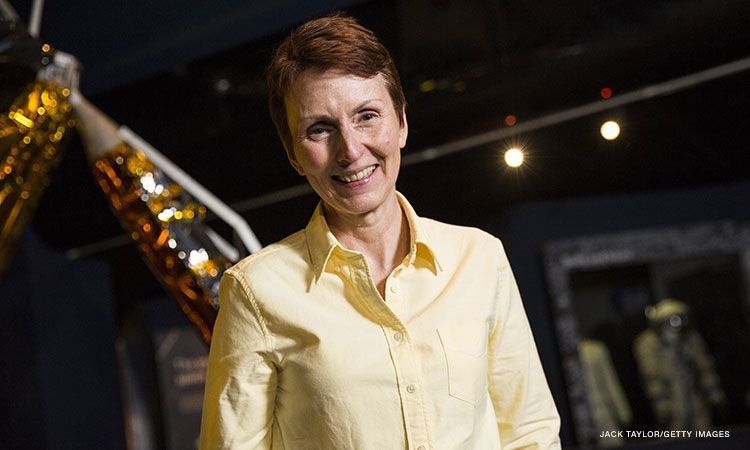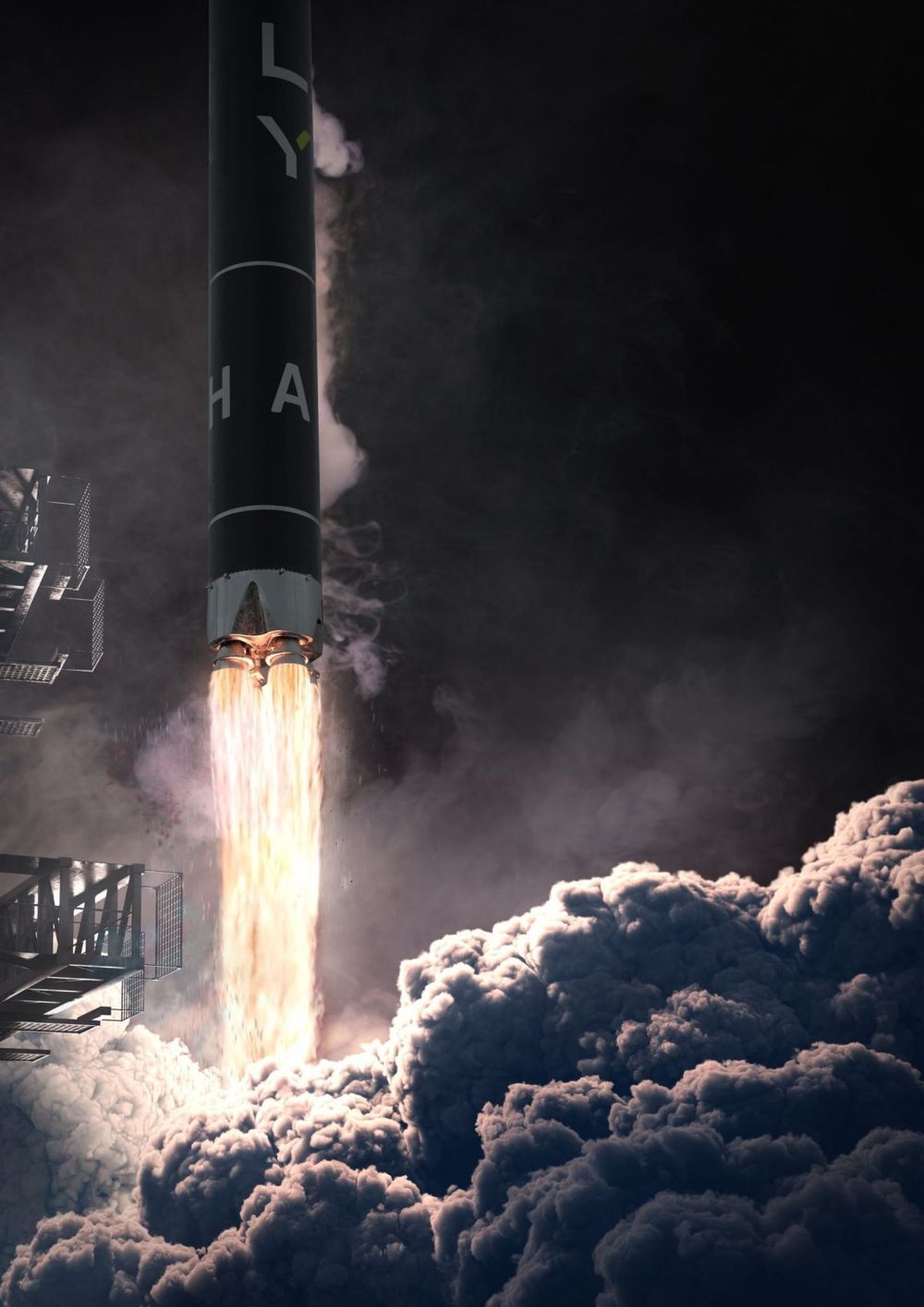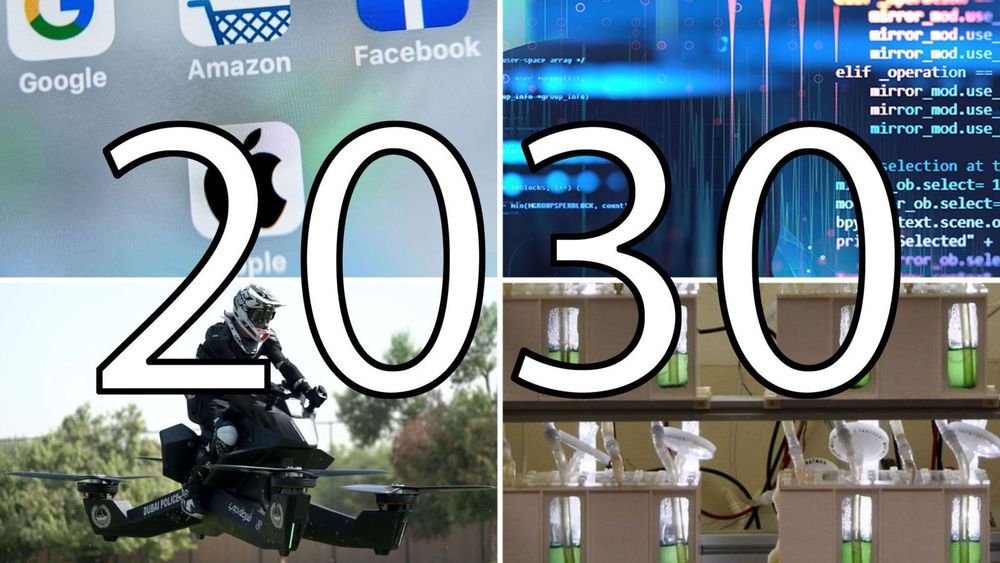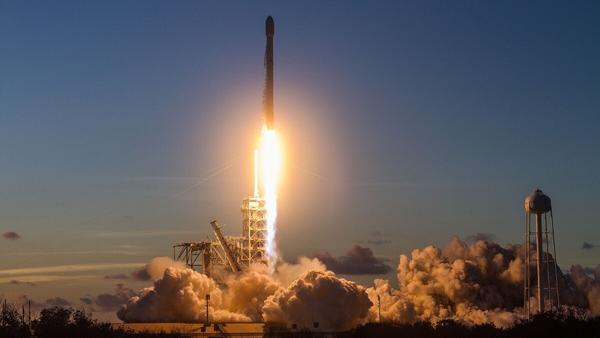Page 8045
Jan 6, 2020
How Alzheimer’s disease could be cured by shining light directly into the brain
Posted by Paul Battista in categories: biotech/medical, neuroscience
Alzheimer’s disease could be reversed by shining light directly into the brain through the nose and skull, scientists believe.
The first major trial to see if light therapy could be beneficial for dementia has just begun following astonishing early results which have seen people regain their memory, reading and writing skills, and orientation.
If successful it would be the first treatment to actually reverse the disease. So far, even the most hopeful drugs, such as Biogen’s aducanumab, have only managed to slow the onset of dementia, and many scientists had given up hope of reversing brain damage once it had already happened.
Jan 6, 2020
Aliens definitely exist and they could be living among us on Earth, says Britain’s first astronaut
Posted by Michael Lance in category: alien life
Aliens definitely exist, Britain’s first astronaut says — and it’s possible they’re living among us on Earth but have gone undetected so far https://bit.ly/36rLA2E
(CNN) — Aliens definitely exist, Britain’s first astronaut has said — and it’s possible they’re living among us on Earth but have gone undetected so far.
Helen Sharman, who visited the Soviet Mir space station in 1991, told the Observer newspaper on Sunday that “aliens exist, there’s no two ways about it.”
Jan 6, 2020
Israel’s largest supermarket chain weighing using robots to track inventory
Posted by Genevieve Klien in category: robotics/AI

Shufersal deploys droid from startup Trax in pilot program, aims to expand devices to stores nationwide to streamline shelf-stocking.
Jan 6, 2020
The Surprising Possibility That There are Still Active Volcanoes on Venus
Posted by Genevieve Klien in category: space

Despite the similarities our world has with Venus, there is still much don’t know about Earth’s “Sister planet” and how it came to be. Thanks to its super-dense and hazy atmosphere, there are still unresolved questions about the planet’s geological history. For example, despite the fact that Venus’ surface is dominated by volcanic features, scientists have remained uncertain whether or not the planet is still volcanically active today.
While the planet is known to have been volcanically active as recent as 2.5 million years ago, no concrete evidence has been found that there are still volcanic eruptions on Venus’ surface. However, new research led by the USRA’s Lunar and Planetary Institute (LPI) has shown that Venus may still have active volcanoes, making it the only other planet in the Solar System (other than Earth) that is still volcanically active today.
Continue reading “The Surprising Possibility That There are Still Active Volcanoes on Venus” »
Jan 6, 2020
Firefly Aerospace Preps for Debut Flight of Its Alpha Rocket in April
Posted by Genevieve Klien in category: space travel
The first launch of Firefly Aerospace’s Alpha rocket has pushed to April 2020 as the company prepares for a very busy year.
Jan 6, 2020
Ten tech predictions for the decade ahead
Posted by Klaus Baldauf in category: mobile phones
The last 10 years have seen a lot change in the world of technology — but what will the next decade bring us?
A decade ago the hottest smartphone on the market was the iPhone 3GS — a phone with a miniscule 3.5” display and a far cry from the 6.5” screen available on the iPhone XS today.
Speakers have got bigger too, now coming packed with integrated circuits allowing us to do our shopping from our living rooms just by talking.
Jan 6, 2020
What will happen to cryptocurrency in the 2020s?
Posted by Klaus Baldauf in categories: bitcoin, cryptocurrencies
Crypto in the 2020s: scalable and private blockchains, barbell adoption, crypto as a core part of tech, and adoption by institutions and governments.
Jan 6, 2020
The U.S Space Force will support a SpaceX mission for the first time
Posted by Klaus Baldauf in category: satellites
Image Source: SpaceX
SpaceX’s first mission of 2020 will deploy Starlink satellites on Monday, January 6 –It will mark the first official launch supported by the new United States Space Force. A Falcon 9 rocket will lift off at 9:20 p.m. EST from Pad 40 at the Cape Canaveral Air Force Station in Florida. SpaceX conducted a static-fire test yesterday to prepare the rocket for the Starlink-2 mission.
Falcon 9 first stage booster supporting this mission previously launched a Starlink mission, the Iridium-8 mission, and the Telstar 18 VANTAGE mission pic.twitter.com/QdailzdG4o— SpaceX (@SpaceX) January 4, 2020
Jan 6, 2020
[1911.06378] Information Theoretic Bounds on Cosmic String Detection in CMB Maps with Noise
Posted by Saúl Morales Rodriguéz in category: robotics/AI
 We use a convolutional neural network (CNN) to study cosmic string detection in cosmic microwave background (CMB) flat sky maps with Nambu-Goto strings. On noiseless maps we can measure string tensions down to order $10^{-9}$, however when noise is included we are unable to measure string tensions below.
We use a convolutional neural network (CNN) to study cosmic string detection in cosmic microwave background (CMB) flat sky maps with Nambu-Goto strings. On noiseless maps we can measure string tensions down to order $10^{-9}$, however when noise is included we are unable to measure string tensions below.
$10^{-7}$. Motivated by this impasse, we derive an information theoretic bound on the detection of the cosmic string tension $Gμ$ from CMB maps. In particular we bound the information entropy of the posterior distribution of.
$Gμ$ in terms of the resolution, noise level and total survey area of the CMB.















